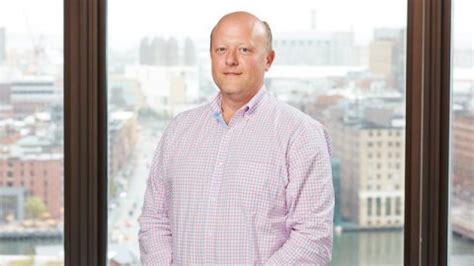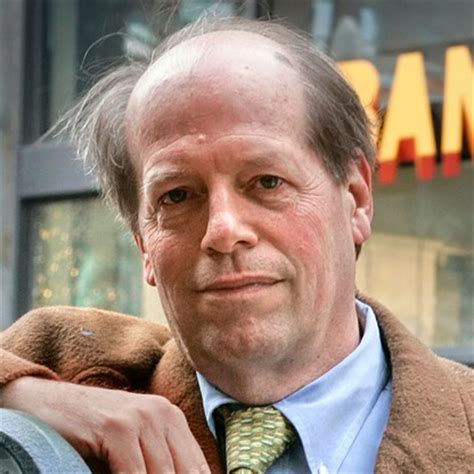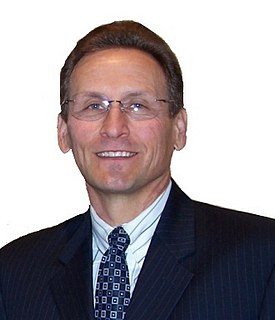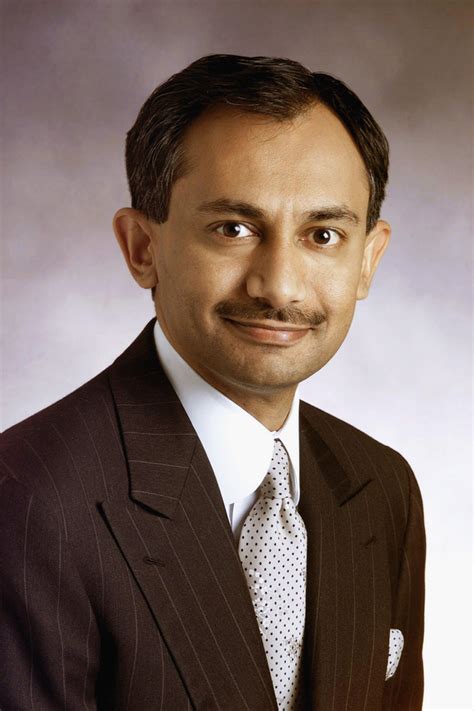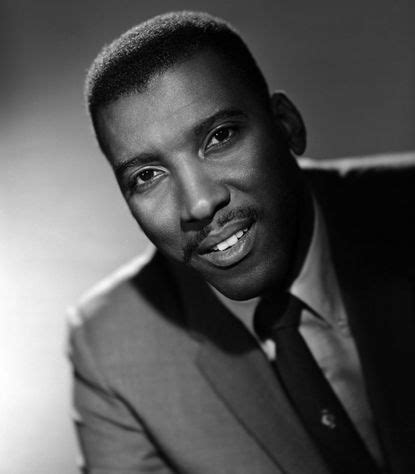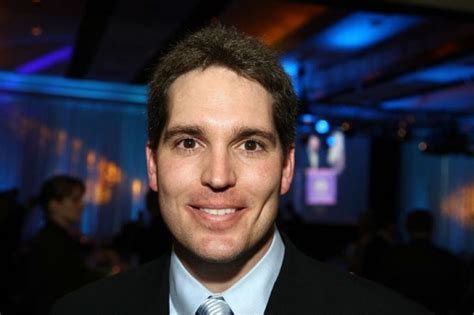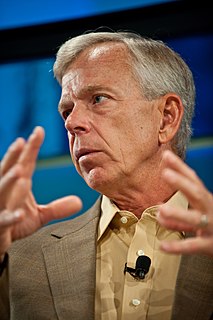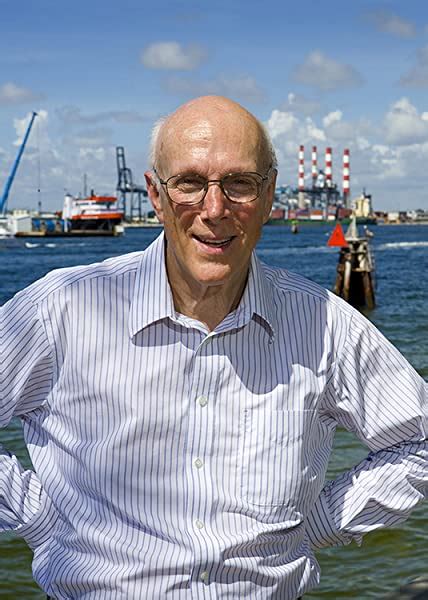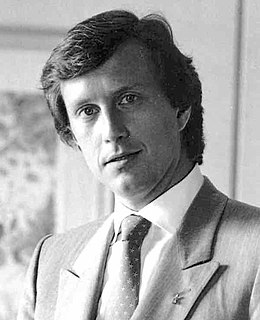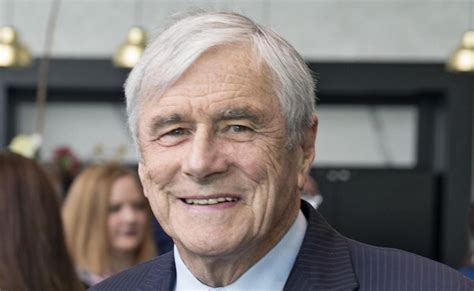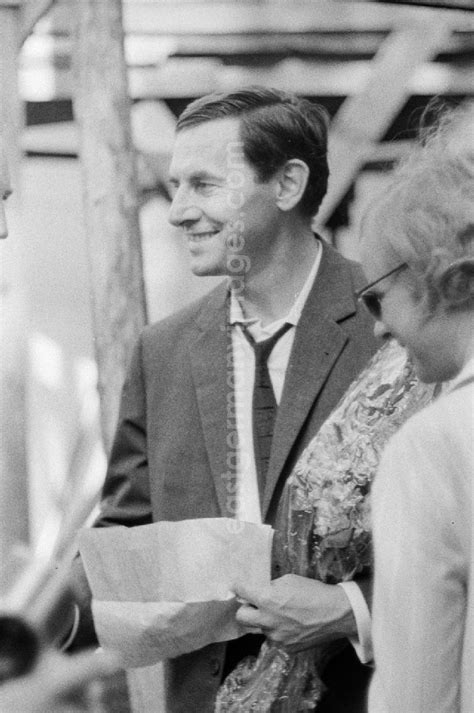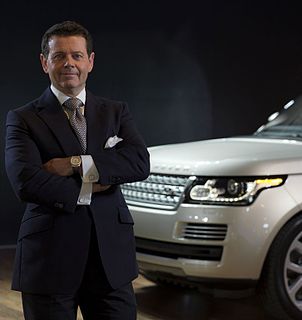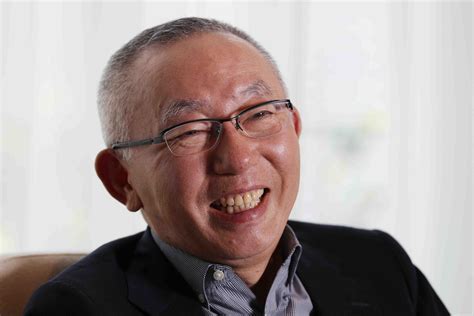Top 1200 Customer Success Quotes & Sayings - Page 2
Explore popular Customer Success quotes.
Last updated on April 22, 2025.
Profits are related to customer retention. Customer retention is related to employee retention. Employee retention may or may not be related to benefits, but benefits could be part of the package that causes people to stay and -- by the way -- engage in discretionary effort. .. If you go into any organization that's customer-facing, you can tell in five minutes when the employees are feeling abused. They retaliate on the customers.
At a macro level, it's balancing the needs of consumers, advertisers and content owners. And if you talk to any one of those three customer sets in isolation, often times you won't delight the other two. So the hurdle we faced with Hulu Plus was, how can we thread this needle in a way that delights all three customer sets?
We grow by letting the customer tell us. So when the customer tells us that they're frustrated, that they just got their catalogue and we're already out of a product they wanted, then it tells me that we're not making enough. We let the customer tell us instead of creating an artificial demand for our products. Any time you're making products that people don't need, you're at the mercy of the economy, you're at the mercy of whatever is going on. So we tried to avoid that situation.
To quote a recent customer email, “I really appreciate your thoughtful and professional response. I don’t get that a lot from customer service. Usually, it’s scripted nonsense that makes it seem like I’ve done something wrong. You’ve single-handedly improved my perception tenfold. Someone there ought to give you a pay raise."
The key for us is to have assets that are easy for people to get to and they want to use. So Go90 right out of the gate will have certain things that are exclusive to Verizon, but you can download it if you're a Sprint customer or T-Mobile customer, and they're doing that. Things like the AwesomenessTV - exclusive content.
Success means doing the best we can with what we have. Success is the doing, not the getting - in the trying, not the triumph. Success is a personal standard - reaching for the highest that is in us - becoming all that we can be. If we do our best, we are a success. Success is the maximum utilization of the ability that you have.
All the businesses from the beginning of history have struggled with product development (assuming there is a market, doing the market testing and so on). But now they start with customer development. Get the customer who says, "Yes. I want that. I need it. I wanna use it. I'll pay for it." And then you go back and work with your engineers. It is changing the world!
Traditional sales and marketing involves increasing market shares, which means selling as much of your product as you can to as many customers as possible. One-to-one marketing involves driving for a share of customer, which means ensuring that each individual customer who buys your product buys more product, buys only your brand, and is happy using your product instead of another to solve his problem. The true, current value of any one customer is a function of the customer's future purchases, across all the product lines, brands, and services offered by you.
Research is an organized method of trying to find out what you are going to do after you cannot do what you are doing now. It may also be said to be the method of keeping a customer reasonably dissatisfied with what he has. That means constant improvement and change so that the customer will be stimulated to desire the new product enough to buy it to replace the one he has.
Foremost is the principle that the purpose of consumer research is to understand the customer's needs and wishes, and thus design product and service that will provide better living for him in the future. A second principle is that no one can guess the future loss of business from a dissatisfied customer.
As we continue to drive the benefits of integrating our enterprise skills, capabilities, and experience - what we call operating as 'One Boeing' - we will find new and better ways to engage and inspire employees, deliver innovation that drives customer success, and produce results to fuel future growth and prosperity for all our stakeholders.
